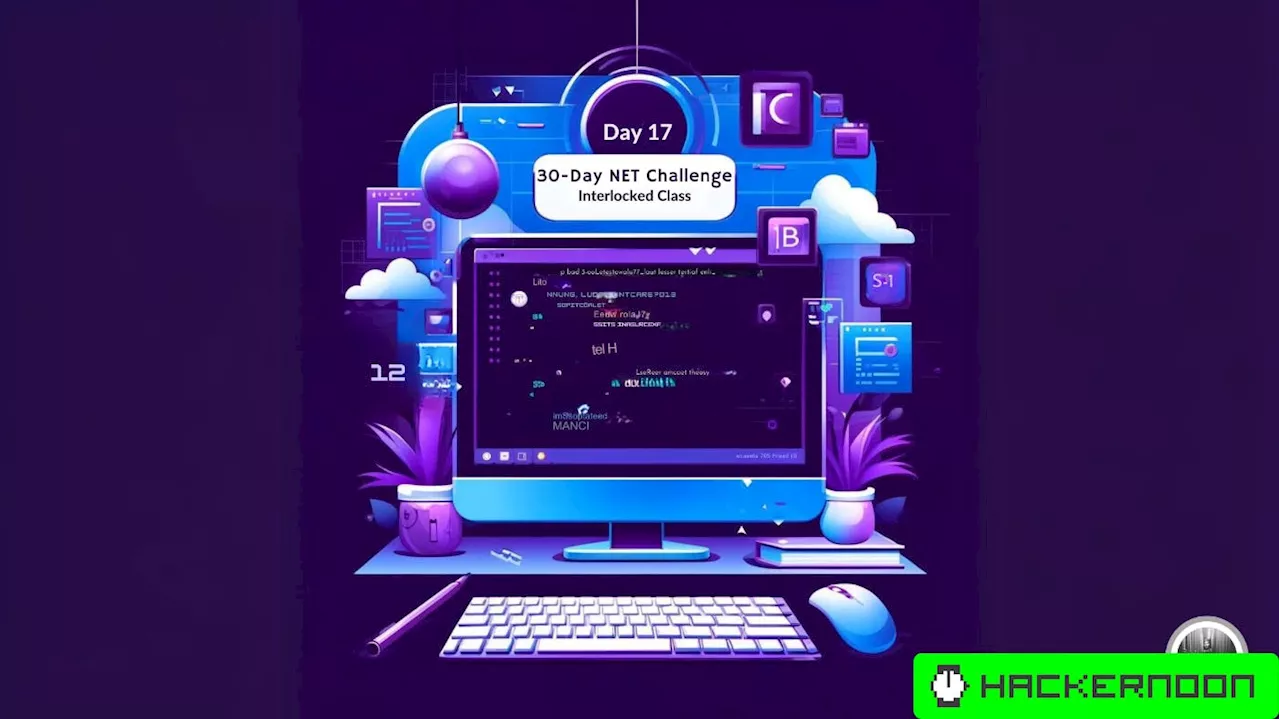The .Net provide a powerful tool called the “Interlocked” class for all atomic operations through which developers can reduce contention and improve the perform
The .Net provides a powerful tool called the “Interlocked” class for all atomic operations through which developers can reduce contention and improve the performance of the application. Introduction In multi-threaded application scenarios, using traditional locking techniques can sometimes cause performance bottlenecks for atomic operations. The .
The Interlocked Class: A Better Way The .NET framework offers the Interlocked class as a part of the System.Threading namespace, designed to perform atomic operations efficiently. Atomic operations are indivisible; they complete entirely without interruption. private int _counter; public void IncrementCounter { Interlocked.Increment; } As the Interlocked class does not require locks, it solves the issue of contention as mentioned in the traditional approach.
Singapore Latest News, Singapore Headlines
Similar News:You can also read news stories similar to this one that we have collected from other news sources.
 The 30-Day .NET Challenge, Day 7: String Built-in Methods Part 2The article demonstrates the IndexOfAny() method to locate the initial occurrence of any string from a chosen array.
The 30-Day .NET Challenge, Day 7: String Built-in Methods Part 2The article demonstrates the IndexOfAny() method to locate the initial occurrence of any string from a chosen array.
Read more »
 The 30-Day .NET Challenge Day 5: While & Do-While StatementsThe do-while and while statements provide control over code execution flow by repeating a block of code until a condition is satisfied.
The 30-Day .NET Challenge Day 5: While & Do-While StatementsThe do-while and while statements provide control over code execution flow by repeating a block of code until a condition is satisfied.
Read more »
 The 30-Day .NET Challenge Day 6: String built-in MethodsDay 6 of 30-Day .NET Challenge: String built-in Methods
The 30-Day .NET Challenge Day 6: String built-in MethodsDay 6 of 30-Day .NET Challenge: String built-in Methods
Read more »
 The 30-Day .NET Challenge, Day 1: Boolean ExpressionsDive in to master Boolean expressions for precise C coding, ensuring your apps handle user data flawlessly! 🚀
The 30-Day .NET Challenge, Day 1: Boolean ExpressionsDive in to master Boolean expressions for precise C coding, ensuring your apps handle user data flawlessly! 🚀
Read more »
 The 30-Day .NET Challenge Day 2: Variable Scope & Logic ControlCode blocks in programming are essential for grouping code lines and controlling variable accessibility in C
The 30-Day .NET Challenge Day 2: Variable Scope & Logic ControlCode blocks in programming are essential for grouping code lines and controlling variable accessibility in C
Read more »
 The 30-Day .NET Challenge Day 15: Lazy InitializationDevelopers often make objects instantiated as soon as the application starts or when a class is instantiated, regardless of whether they are immediately needed
The 30-Day .NET Challenge Day 15: Lazy InitializationDevelopers often make objects instantiated as soon as the application starts or when a class is instantiated, regardless of whether they are immediately needed
Read more »
